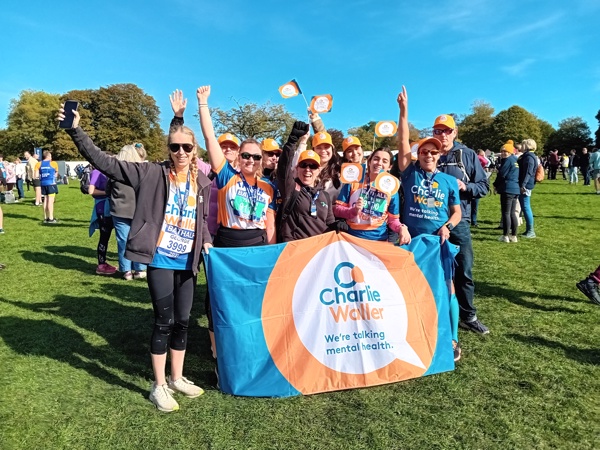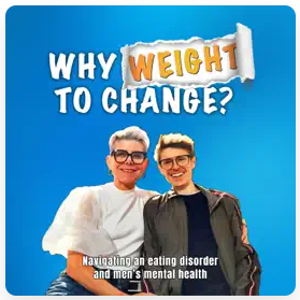May is Mental Health Awareness Month
May 08 2020

At about 10am, I received a call to tell me that my elder brother, Simon, had taken his own life after years of enduring complex mental health issues arising from childhood trauma. I remember that I literally couldn’t speak and felt completely numb. Shortly afterwards, my other brother and I had to inform our parents that their eldest son had died, not something that I was in any way prepared for and the second worst day of my life.
The first few months flew by in a blur of activity concerning the funeral, the estate, winding up my brother’s business and emptying his house. It is memories of the little things during this time that still affect me; the half eaten apple pie from his dinner the night before he died, and the smell of the soap he used. I still can’t bear the smell of that soap brand.
As the activity started to tail off, I felt I was changing. I was much less motivated at work and home; my fitness levels dropped off and, worst of all, I started drinking. This change was so insidious that at first I didn’t notice it, until one day I simply couldn’t get out of bed and I felt I was in a black world of pain, shame and guilt. I finally went to my doctor and was diagnosed with severe reactive depression. By this time I was drinking heavily to numb the pain, which of course had exactly the opposite effect.
I have thought long and hard about writing this article because I am all too aware that mental illness still remains a taboo subject in some quarters.
My doctor prescribed antidepressants and, when I was ready, steered me towards talking therapy. I was put in contact with an amazing cognitive behavioural therapist who helped me on my recovery. It took a year of therapy and medicine to get out of that dark place, but I recovered fully from my depression. Now I drink much less, keep fit (I completed my first ultramarathon last year) and every day I feel blessed to be alive.
I want people to know that anyone can succumb to this awful disease; your job, education, gender, and where you live: these are all irrelevant. If I have learnt one thing, it is to urge you, or anyone you know who is feeling stressed, anxious or depressed, to talk about it. Talk to a friend, or a colleague, or a help line or a doctor. But please tell someone how you are feeling. Believe me; you will not be alone - one in three of us will suffer from mental health issues during our lives.
And if you know – or think – that a friend or colleague is suffering, a simple act of kindness and compassion – a smile, hand on the shoulder, a cup of tea – goes a long way.
My experience has made me passionate about promoting mental health wellbeing, and I am incredibly proud of how we at Centrica are supporting our people at this difficult time.
For example, we are currently working with the Charlie Waller Trust to specifically help our early career and graduate population deal with the difficult transitions as they move into the world of work. This complements the support we offer through the Unmind app and our Employee Assistance Programmes.
Above all, remember that depression is just an illness. Tragically, for some like my brother, it proved fatal. But for many of us, it is completely treatable and we will live long and fulfilling lives. Mental illness is nothing to be ashamed of; it is just an illness.
24 February 2005 was the worst day of my life. However, if this article helps even one other person avoid the worst day of their life, it’s been worth it.
I dedicate this article to my dear brother, Simon Carroll (1962 – 2005).
This blog was originally posted on LinkedIn and is published here with Gus' permission.
Related
Popular
Upcoming event

Join us for the Bath Half Marathon to support young people and their mental health!

The Charlie Waller Trust
The Charlie Waller Trust is a registered charity in England and Wales 1109984. A company limited by guarantee. Registered company in England and Wales 5447902. Registered address: The Charlie Waller Trust, First Floor, 23 Kingfisher Court, Newbury, Berkshire, RG14 5SJ.
Copyright © 2025 The Charlie Waller Trust. All rights reserved.






